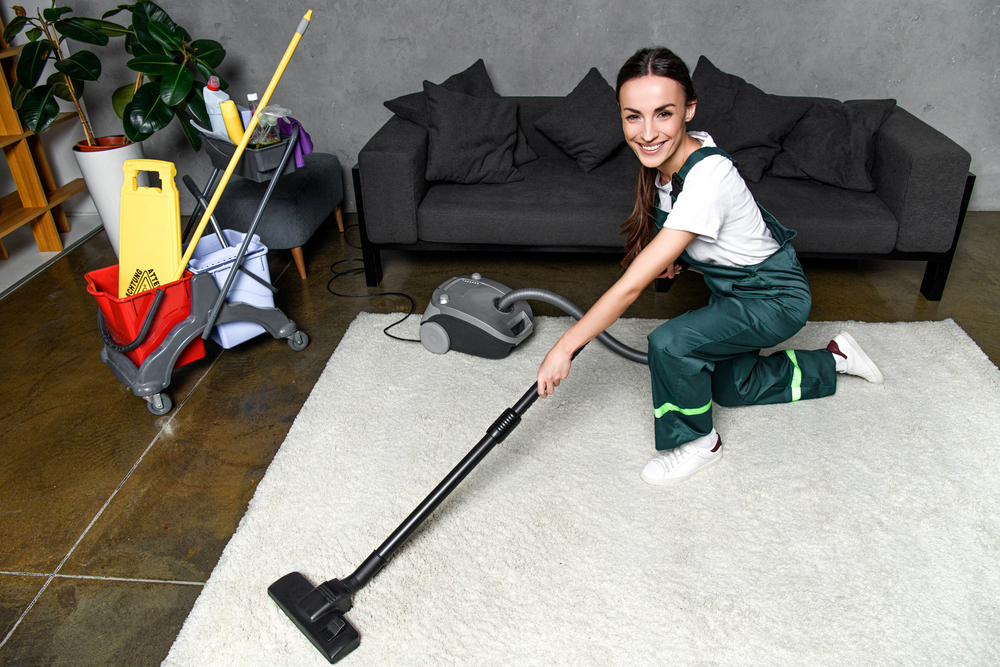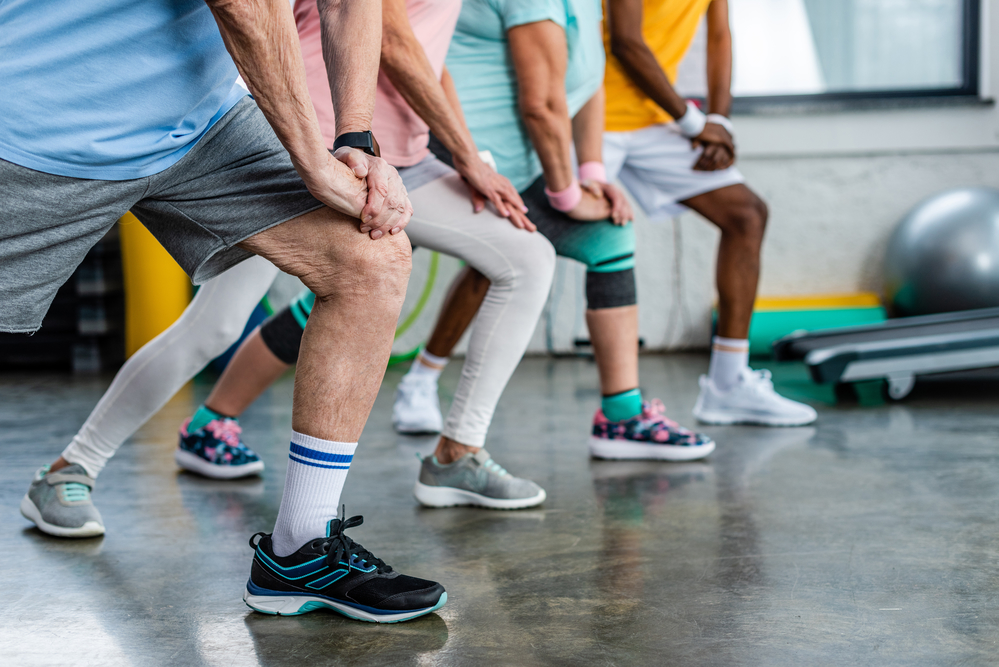Does housework count as exercise for patients with hypertension?
 It is a common sense that hypertensive patients should do regular moderate physical exercise.
It is a common sense that hypertensive patients should do regular moderate physical exercise.
Exercise can help lower vascular resistance, reduce weight, relieve stress, and control blood pressure among patients with hypertension.
There is a common question: can housework account as physical exercise?
Housework refers to physical labor like cooking, washing, cleaning, and looking after children and the elderly. Doing housework involves lots of body movements and can be counted as a form of exercise.
However, there are differences between housework chores and exercise. Physical exercise is professional training in helping improve cardiorespiratory endurance, muscle strength, and flexibility.
Calorie consumption during housework is limited, and common housework may not intensive enough to achieve health-promoting benefits. It is sensible to increase the intensity and minutes based on physical conditions, such as doing leg liftings when washing dishes, turning shoulders while cooking, and walking a long way for shopping and rubbish dumping.
Aerobic exercise can increase heart rates and is the most beneficial to improve the cardiovascular system. Some easy aerobic exercise includes brisk walking, jogging, cycling, swimming, stair climbing, mountain climbing, etc.
The exercise intensity shall be appropriate for the body. In addition to relying on professional evaluation methods to determine the amount of exercise, your own feeling is also important. Exercise at the proper amount will make you feel better appetite, sleep, and spirit, while exercise too much will lead to fatigue and discomfort.
A regular exercise recipe from healthcare professionals is sensible for patients with hypertension in stable condition, or hypertension patients complicated with diabetes, obesity, and hyperlipidemia.
It shall be noted that some hypertensive patients shall avoid exercise, including
- people with blood pressure over 180/110mmHg or having unstable blood pressure
- people with acute angina, heart failure, severe arrhythmia, hypertensive encephalopathy, retinopathy, or locomotive organ damages like arthritis and muscle pain.
It shall be noted that though appropriate exercise can help hypertension treatment, it cannot replace medications. Patients with hypertension should not stop medications during exercise. Any adjustment on the medication or exercise program shall obtain the consent from doctors.


